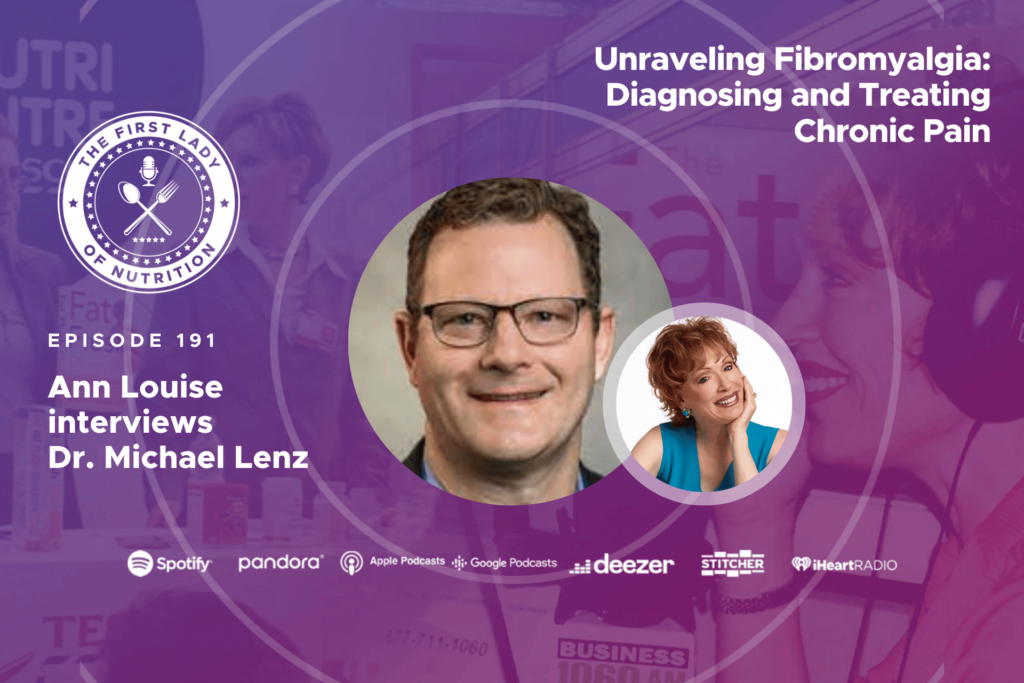 Environmental toxins, insulin, melatonin, and obesity may all play a role.
Environmental toxins, insulin, melatonin, and obesity may all play a role.
Precocious puberty—especially premature development of breast tissue—has dramatically increased in this country and Europe. As many as “10% of white girls at age 7 have breast development to some extent,” Ann Budzah, MD, a pediatrician at Gundersen Lutheran Health Center in LaCrosse, Wisconsin, recently told the New York Times.
A new Danish study links the earliest onset of puberty in girls with both body fat and endocrine-disrupting chemicals in the environment, noting that the consequences of these environmental toxins “may not be apparent at the actual time of exposure but may manifest later in life.” Bisophenol A (BPA), which Canada just declared toxic, is believed to trigger premature puberty, along with parabens in shampoo or other personal care products, and phytoestrogens in plants like soy.
Unfortunately, a new study published last week in Pediatrics clearly points out that “earlier is not better.” For example, “epidemiological studies have shown that women with breast cancer have a younger age of menarche [the start of menstruation],” says Elizabeth Alderman, MD, professor of clinical pediatrics at New York’s Albert Einstein School of Medicine.
Among the over 200 early-developing 6 to 8 year-old girls in this study, 45% were obese. And those with two signs of early puberty (e.g., both breast development and pubic hair) were much more likely to develop other endocrine problems ranging from metabolic syndrome (with high insulin levels, impaired glucose tolerance, and cardiovascular problems) to polycystic ovary syndrome and thyroid disease.
Dr. Ann Louise’s Take:
Imagine having to deal with the physical and emotional changes of becoming a woman early in elementary school! Girls experiencing precocious puberty are embarrassed to talk about these changes—even when their parents notice the signs and explain, as sensitively as possible, what’s happening.
It’s not surprising that these children often suffer behavioral and mental health problems. Studies link early puberty with depression, eating disorders, poor self-esteem, cigarette and alcohol use, as well as earlier sexual activity.
Early-developing girls are at risk for multiple ovarian cysts, which can signal thyroid dysfunction. Furthermore, they appear more likely to develop breast and uterine cancer later in life. When premature puberty is accompanied by headaches, learning disabilities, menstrual irregularities, visual field defects, and dry, scaly skin, these youngsters may also suffer pituitary enlargement.
Avoid Hormone-like Chemicals
The FDA currently allows six different hormones and growth promoters in food production, as well as genetically engineered recombinant bovine growth hormone in dairy cows. Whenever possible, choose grass-fed and organic beef, and avoid dairy to limit exposure to these endocrine-disrupting chemicals.
Because hormone disruption can begin at conception, pregnant women are wise to avoid processed foods, many of which also contain soy, high in phytoestrogens. If at all possible, breast feed your baby instead of offering soy-based formula. It’s as good for mom as it is for baby. New research shows that breastfeeding for even one month reduces a women’s own risk for diabetes.
Use glass baby bottles and BPA-Free Water Bottles for the rest of the family. Also store food and drinks in glass, not plastic. Wax paper is preferable to soft plastic wrap for covering food. Choose fresh or frozen fruits and veggies over canned produce, since can liners contain BPA.
The Melatonin Connection?
A recent study in the journal Gynecological Endocrinology explores a potential link between one form of the hormone melatonin and premature puberty. Based on sleep diaries and blood samples, researchers found that melatonin levels were highest in prepubescent girls, next highest in those experiencing puberty at the normal age, and lowest in those with precocious puberty.
Interestingly, girls who slept more during the day also had high levels of melatonin. So if your daughter wants to sleep in on the weekends, let her!
Numerous studies have shown that electromagnetic fields (EMFs) from cell phones, PDAs, and WiFi can all interfere with the body’s production of melatonin, which regulates the body’s sleep-wake cycle. The solution is relatively simple. Don’t let kids have cell phones in the bedrooms and turn off wireless routers at night!
To learn more about how to protect your family from all the energy fields that surround us day and night, please, go to www.areyouzapped.com for information on my newest book, Zapped, which will be released this fall.
Also, try to encourage your daughter to play outdoors in the sun every day to increase her melatonin levels. Tart, red cherries—dried, fresh, or juiced—are an unexpectedly delicious source of melatonin in the diet.
Sources:
Zapped,Why Your Cell Phone Shouldn’t Be Your Alarm Clock and 1,268 Ways to Outsmart the Hazards of Electronic Pollution
https://abcnews.go.com/Health/Wellness/girls-hitting-puberty-early-age-study-suggests/story?id=11345321
https://pediatrics.aappublications.org/cgi/content/abstract/111/1/47?maxtoshow=&hits=10&RESULTFORMAT=&fulltext=premature+puberty+in+girls&searchid=1&FIRSTINDEX=0&sortspec=relevance&resourcetype=HWCIT
https://pediatrics.aappublications.org/cgi/content/abstract/121/Supplement_3/S192?maxtoshow=&hits=10&RESULTFORMAT=&fulltext=premature+puberty+in+girls&searchid=1&FIRSTINDEX=0&sortspec=relevance&resourcetype=HWCIT
www.foodproductiondaily.com/Quality-Safety/Canada-to-add-bisphenol-A-to-toxic-register-in-face-of-industry-protests/
www.latimes.com/health/boostershots/la-heb-breastfeeding-20100827,0,17389.story?track=rss
https://www.ncbi.nlm.nih.gov/pubmed/20642379
https://www.ncbi.nlm.nih.gov/pubmed/20610589
https://www.ncbi.nlm.nih.gov/pubmed/20542613
https://www.ncbi.nlm.nih.gov/pubmed/20487042
https://www.ncbi.nlm.nih.gov/pubmed/20484471
https://www.ncbi.nlm.nih.gov/pubmed/20409768
https://www.ncbi.nlm.nih.gov/pubmed/17954423
https://www.ncbi.nlm.nih.gov/pubmed/17785906
https://www.ncbi.nlm.nih.gov/pubmed/16524860









2 Responses
This is definitely becoming a major issue. Many of these hormone-mimicking chemicals are also causing problems in adults, such as early menopause and thyroid disorders. Pretty scary…
I was just reading last week, that in China, there is an alarming rate of this very situation. Infants with spotting in their diapers. Four month old girls growing breast buds. One family was accused of giving their infant birth control pills becasue the doctor couldn’t figure out why a baby had such high estrogen levels in her blood. All this because of formula. (Sheesh, remember when they got caught last year putting melamine in their formula?)
It’s frightening what we humans have done to our food chain. Just another reason to live by the adage, “if your great-grandmother wouldn’t know what it is, don’t eat it!” It costs me a fortune, but I make every effort to feed my family from the earth. No boxed products of any kind. We eat only things that you can pick, gather, hunt or fish. The way nature intended.
Trusting the food in the grocery stores is too scary and doing so will kill us.
PS- BTW I also recently read that the US is considering importing milk from China because it is too costly to run dairy farms in the US. They say the “benefit” will be lower milk prices for us……NO thanks!!